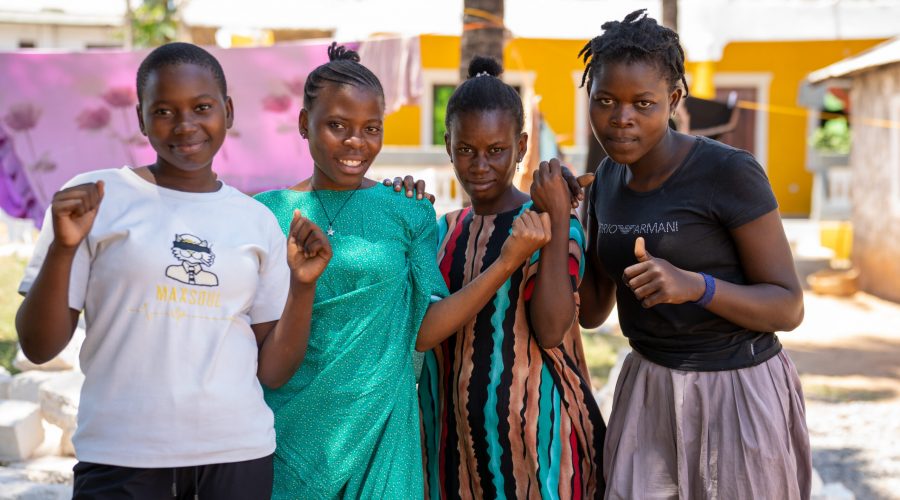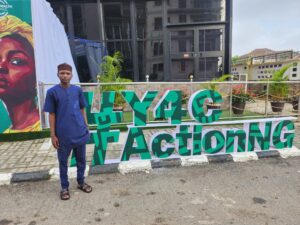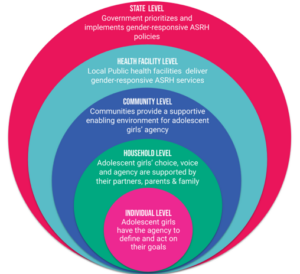Whenever Sada* talks to young girls her age or younger, they are most fascinated by the fact that she wants to be a plumber. Because “girls don’t do such jobs,” they tell her. She is adamant and averse to the idea that people should be “chosen for jobs that they should or shouldn’t do.” She is even more opposed to “resigning herself to fate.”
“Fate” dictated she would be defined as a teenage mother.
“You are written off as someone who can’t do anything else with your life. You are finished.”
At Binti Shupavu, they didn’t just look at her situation, they looked at her as a person with aspirations.
“I met lovely ladies who, I felt, understood what I was struggling with.”
They taught her how to make and sell soap and save money from the small business as well as goal setting and budgeting.
“They taught me that I could seek more, want more, and do more.”
And when she mentioned to them that she wanted to be a plumber, they didn’t sneer or laugh or ask the one question she is used to hearing: why? They showed her how to open horizons.
“They told me that I can’t achieve my goals if I don’t plan when to have babies. It can derail these future ambitions.” So they taught her about family planning and got her on a plan.
She later joined a vocational training school and studied plumbing, sometimes bringing the baby to class. Meanwhile, she was making and selling soap. She eventually graduated.
“My goal now is to become a senior plumber at Mathiwa Water and Sanitation Company – MAWASCO- in Malindi. I plan to further my studies in college and get better at it.”
Adolescent girls now look up to her. She is a role model.
“I tell them that falling pregnant at that age is not the end of life. The end of life is death, not bringing forth a new life.”




